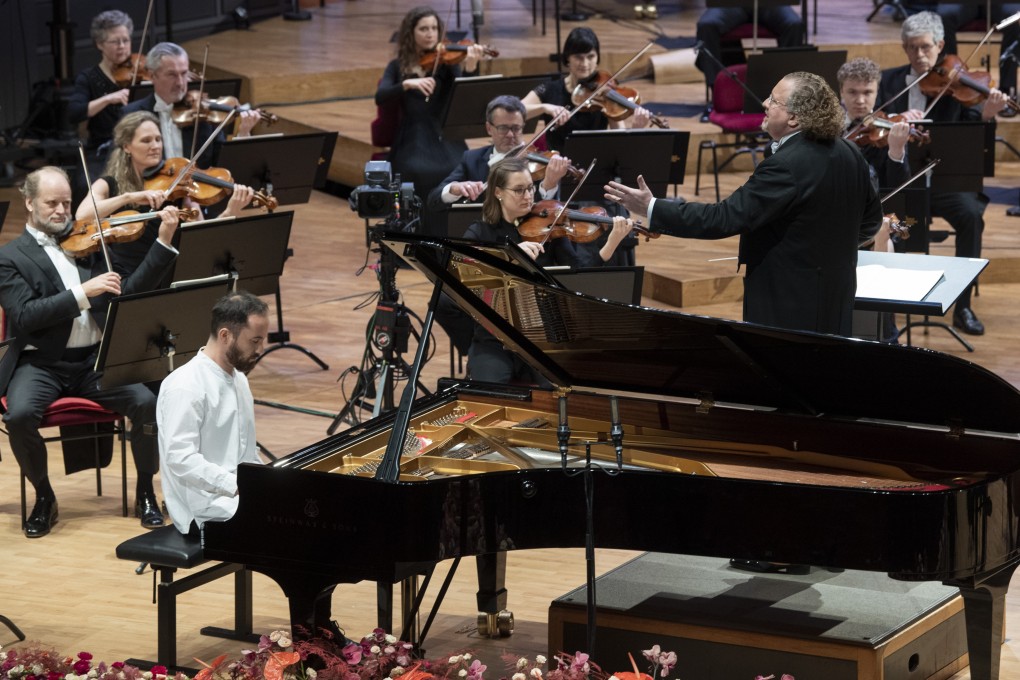‘If the world burns, I can’t work anyway’: pianist Igor Levit on his activism, quitting Twitter, and his long-awaited first visit to Hong Kong
- The Russian-born German is one of the world’s most acclaimed pianists, known as much for his penetrating playing as for his political activism
- Explaining his stance, Levit says ‘Music connects people … but democracy is on the brink.’ He also looks forward to seeing Hong Kong when he plays in the city

About eight hours after our interview with the German pianist Igor Levit on November 7, he published his last thread on Twitter, where he had freely shared his views on music and current affairs for 11 years.
“Twitter is now owned by one man who among other things likes to parrot Chinese and Russian talking points. I am out,” he tweeted.
This abrupt virtual walkout by @igorpianist was prompted not just by the divisive public comments of Twitter’s owner, Elon Musk. In his parting shot, Levit also blamed the anti-Semitism, racism, misogyny and far-right extremism that has poisoned the Twittersphere.
He has quit and returned to Twitter before, but wrote: “This step is a final one.” Within 24 hours, his account had been removed without a trace.
The 35-year-old’s outpourings online are well known. “Piano Master with a Bustling Twitter” is the title of local critic Savio Lau’s pre-concert talk ahead of Levit’s Hong Kong debut on November 21.
Widely considered one of the world’s most accomplished concert pianists, Levit had 186,000 followers on Twitter, many of whom became fans because of the free “House concerts” he streamed daily and shared on Twitter from his Berlin living room in 2020 during a prolonged coronavirus pandemic lockdown.